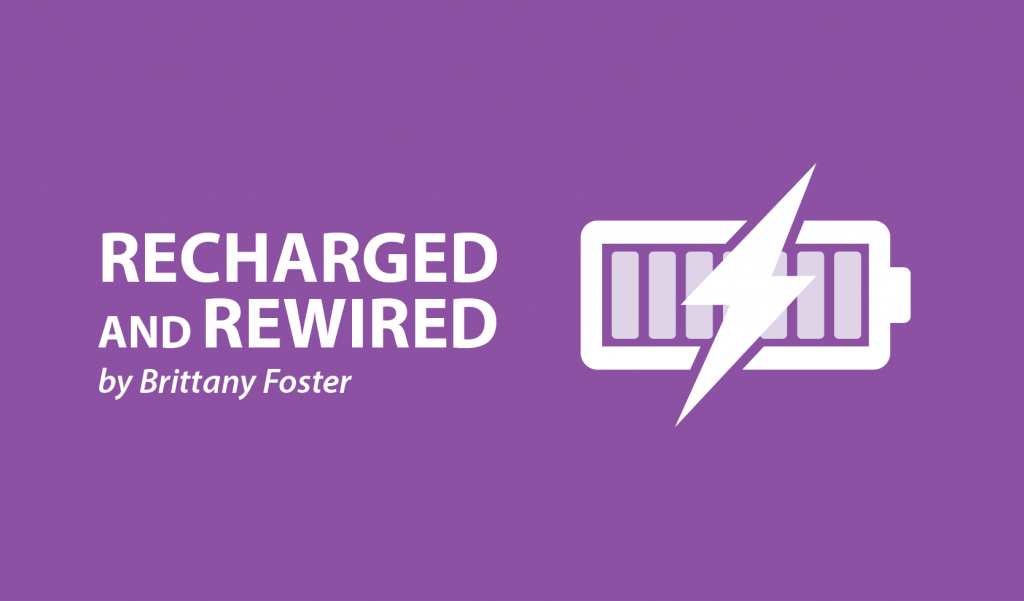It’s Time to Redefine What Strength Really Means
Written by |
“Strength does not come from physical capacity. It comes from an indomitable will.” ― Mahatma Gandhi
What is strength? What do people think of when they hear this word?
Instead of thinking about what others would associate with strength, I decided to do my own social experiment. I resorted to the world of social media to give me an idea about what we, as a society, most associate with the word “strong.”
I turned to Instagram, a popular social media platform. I typed in the hashtag #strong and #strength to see what it would show. On my screen were tagged photos displaying muscles, weightlifters, defined legs, six-pack abs, “booty gains,” weight-loss journeys and countless other physical ideas of strength.
If this is what society thinks of strength, where does that leave me and others who manage chronic illness? Are we strong? Do we view ourselves as strong? Sometimes, it becomes harder to see ourselves this way. As a society, we are used to social media, magazines and ads sending messages of fitness and muscle gains as a definition of strength. It’s time we break this definition and show what strength actually means.
Ten years ago, my strength was defined by how I physically looked and felt. If I completed two hours of hockey practice, I was strong. If I went to the gym and did an hour of cardio, plus abs, plus weights, I was strong. If I looked in the mirror and saw a toned body and lean muscles, I was strong.
Five years ago, after going through my pacemaker implant, I started to slow down. I no longer could push myself past the point of exhaustion. It was so easy for me to feel defeated. It’s easy to feel weak in a world that praises you for fitness level. Feeling like I lost my strength made me feel as if I lost it all. I became depressed and anxious. I isolated myself and developed an eating disorder to control what I couldn’t. Recovery from an eating disorder, recovery from bypass surgery and managing oxygen therapy has changed my definition of strength.
Strength is the boy or girl down the hall from me in the hospital who is laughing and coloring just a few days after open-heart surgery. Strength is walking the hallway just out of the critical care unit, even if it’s a few steps. It’s mustering up the courage to walk into an appointment, even though it may trigger horrible memories and even though you may not get the news you want.
Strength is taking care of yourself on your hardest days and allowing your body to rest. It’s choosing to continue living your life, even though you have an incurable and chronic condition. Strength is found in the moments you have a breakdown, cry your eyes out, scream your frustrations and move on with your day. It’s being grateful for the good days, despite knowing that the bad days are inevitable. It’s taking medications, even though they cause horrible side effects. It’s wearing a noticeable oxygen cannula, even though people stare. Strength is all these things and more.
Redefining strength helped me realize that it’s more than what lies on the surface. It’s more than the superficial. It’s more than the muscles, the abs, the fitness. I feel sorry for those who still have this mindset. I feel sorry for the posters on Instagram who are tagged as strong, lifting way more than they probably should. I feel sorry for the young adults and teens who are looking at these messages on social media and comparing themselves to something they will never be able to achieve.
You can redefine strength. Redefine it for the younger generation and for all in the PH community and chronic illness community. We need more pictures of our own definition of strength. When I search #strength, I don’t want a picture of a bowl of lettuce and protein with someone flexing their arms. Let’s redefine it. We can redefine it because we live it. We are strong.
***
Note: Pulmonary Hypertension News is strictly a news and information website about the disease. It does not provide medical advice, diagnosis, or treatment. This content is not intended to be a substitute for professional medical advice, diagnosis, or treatment. Always seek the advice of your physician or other qualified health provider with any questions you may have regarding a medical condition. Never disregard professional medical advice or delay in seeking it because of something you have read on this website. The opinions expressed in this column are not those of Pulmonary Hypertension News or its parent company, Bionews Services, and are intended to spark discussion about issues pertaining to pulmonary hypertension.





Joanne
Great article Brittany! You hit so many themes in the life of a PHer. I'll add one: Strength is helping your fellow man, even when you're the one who's feeling down.